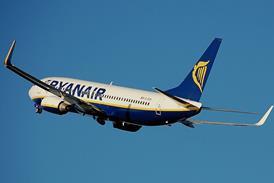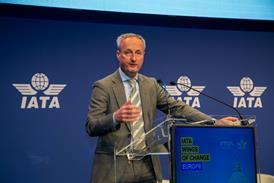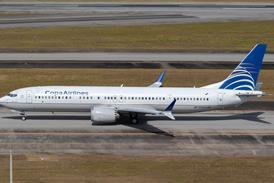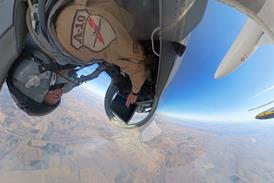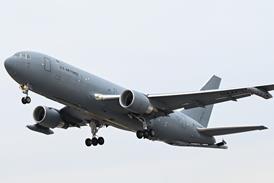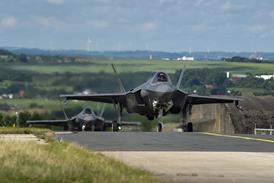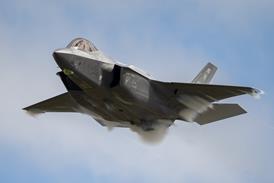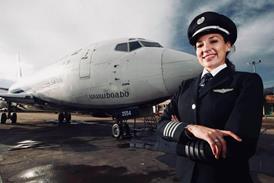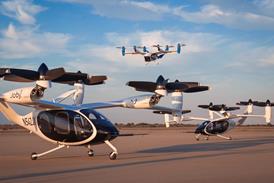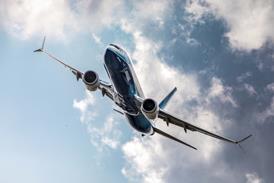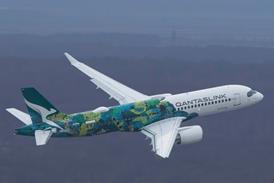Hopes of keeping the International Space Station (ISS) manned will rest with Russia if the Space Shuttle fleet is grounded for an extended period. If the grounding lasts beyond mid-year, Russian space agency Rosaviakosmos will need extra funding to build more manned and unmanned spacecraft to carry crew and supplies to the station.
The current three-man expedition crew was due to return to Earth in March, on the STS 114 Atlantis Shuttle mission, which is on hold indefinitely following the Columbia accident. They have supplies to last them until June, says NASA. A Russian Progress M unmanned resupply ship docked with the ISS on 4 February, and another is due to arrive in June.
Present plans call for the launch of three Progress Ms and two Soyuz TMA crew transfer vehicles to the station this year, although the Russian budget only covers three flights, leaving the other two dependent on commercial income such as that from space tourism. But Rosaviakosmos has "indefinitely postponed" tourist flights.
If the Shuttle grounding is lengthy, the only way to ensure continued manned operations will be for the USA to help Russia fund additional Progress Ms and Soyuz TMAs. This will only be possible if US Congress waives restrictions relating to Russia's previous supply of missile technology to Iran.
Even then, the ISS is likely to operate at a reduced level. The five Russian flights planned for this year will deliver 7.6t of cargo, including fuel and consumables, compared with the 20t of expendables and 60t of hardware to be carried by the four Shuttle flights that were planned for this year.
The next Soyuz TMA flight, scheduled for April, is likely to be postponed. Instead, a two-man Russian-US crew will be launched to the ISS to relieve the current crew, which will return in the Soyuz TMA lifeboat attached to the station.
The Shuttle grounding will delay completion of the ISS's US core configuration, planned for early next year. A grounding as lengthy as the 33 months following the Challenger disaster in 1986 would put continued manned operation of the ISS at risk. The Shuttle is also used to reboost the station as its orbit decays, although NASA says the ISS will not need reboosting before early next year, and then it could be performed by a Progress or Soyuz. In the worst-case scenario, the ISS can be flown remotely, NASA says. Progress tankers would be docked automatically to allow the station's orbit to be reboosted.
In the short-term, Russia could offer to launch the FGB-2 module as a large resupply craft. The FGB-2 is 70% complete, says manufacturer Krunichev, and could fly in 2004 at a cost of $40 million.
Source: Flight International

